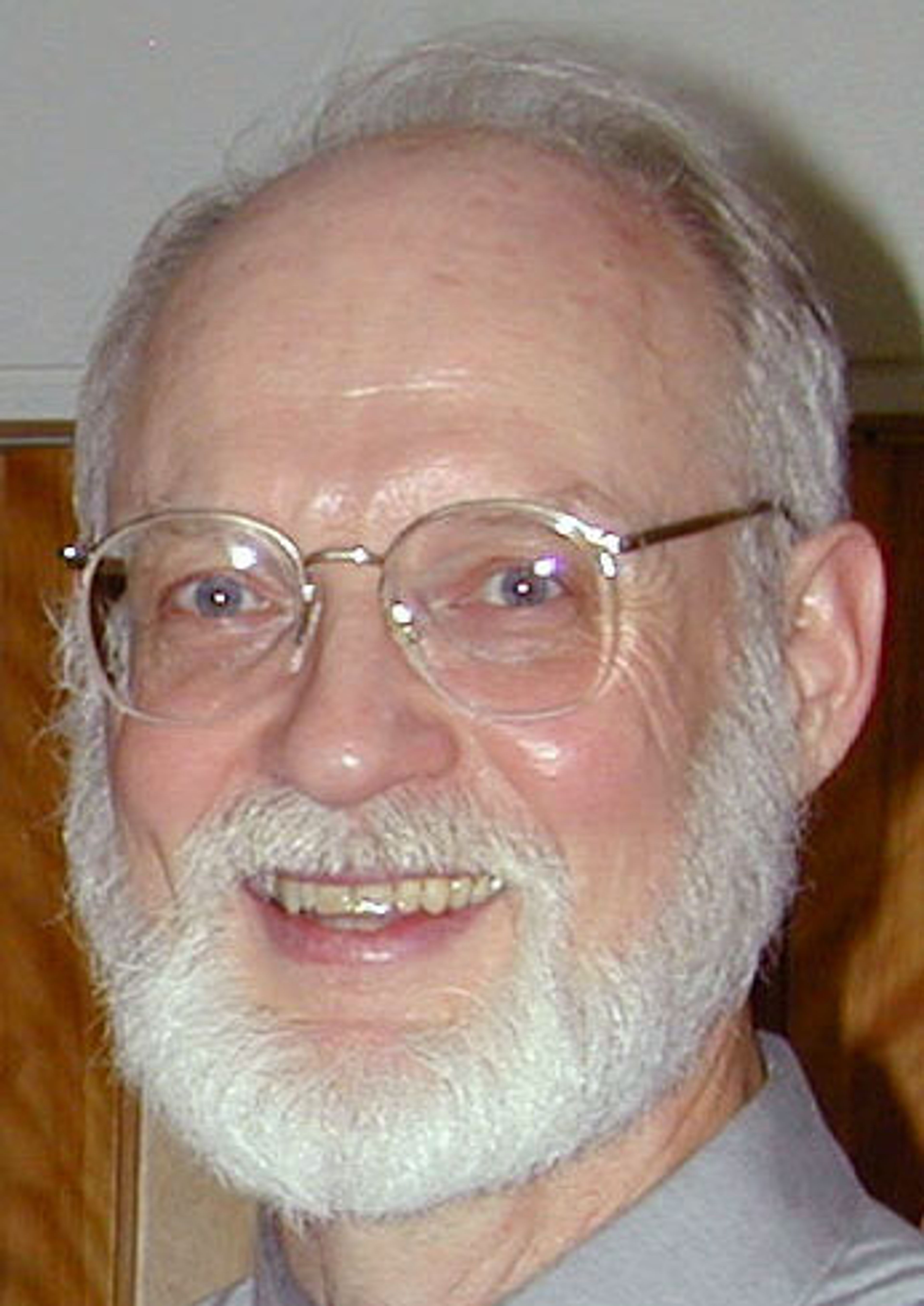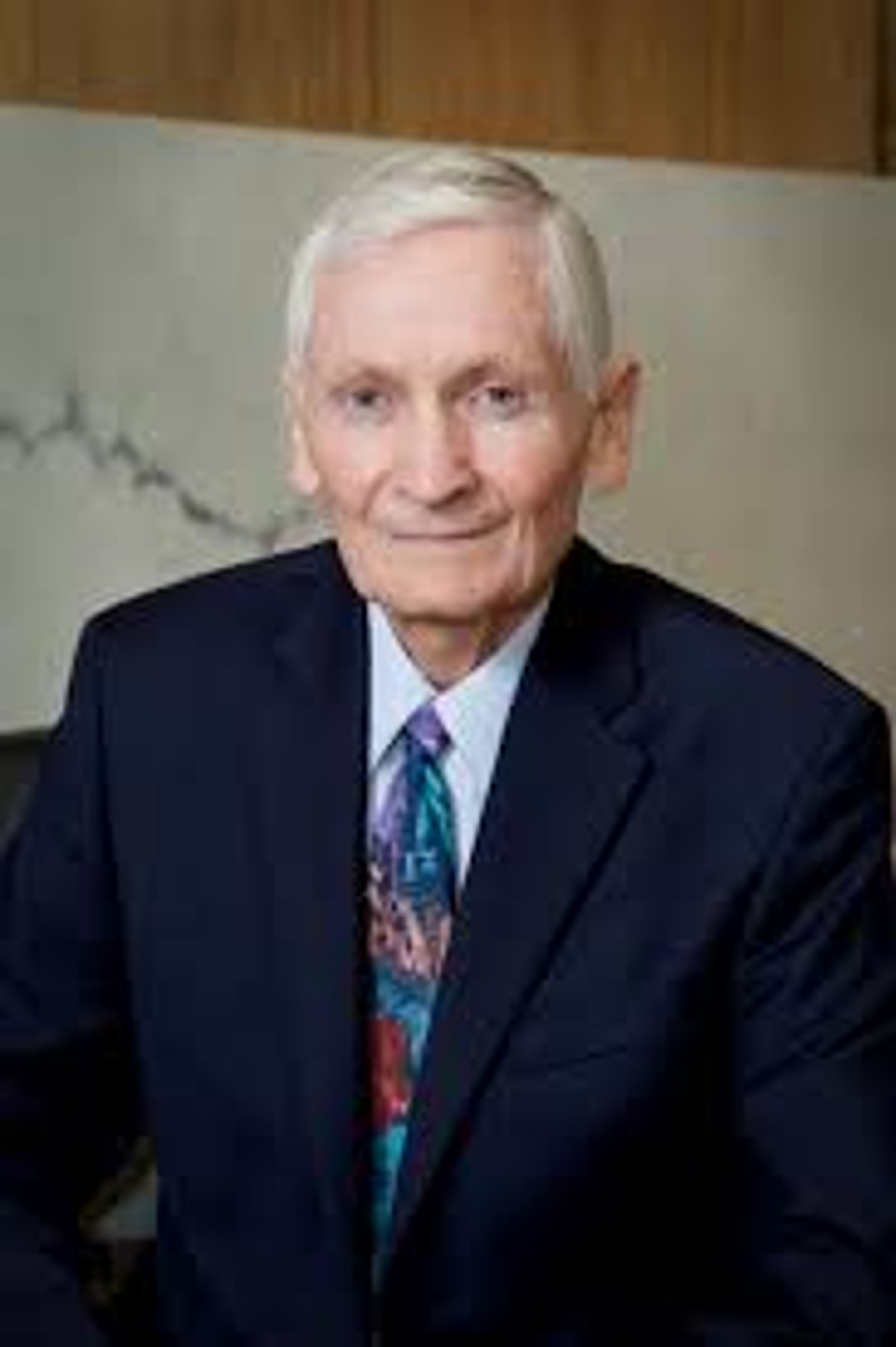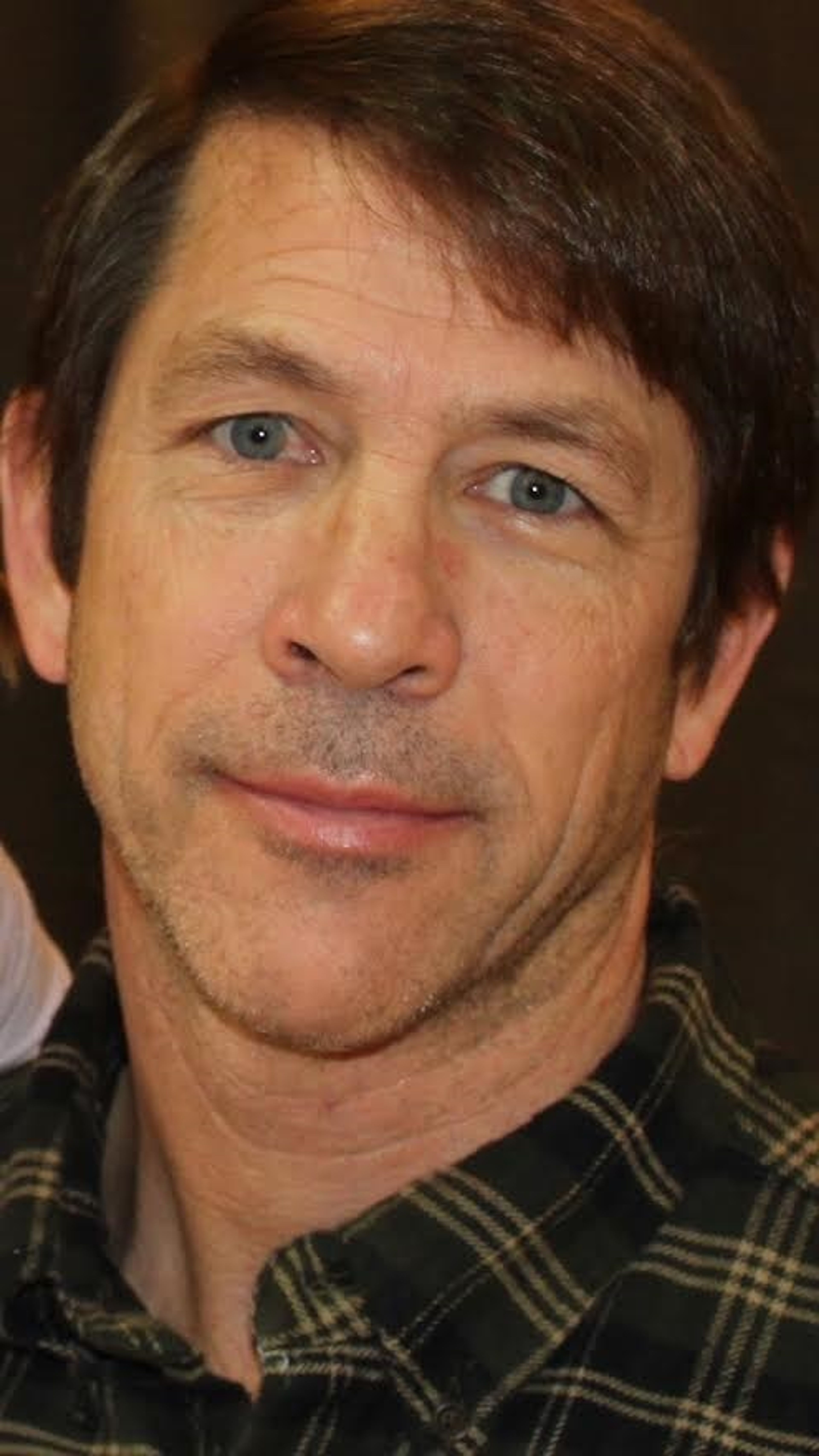Last month, Cheryl and I flew to the East Coast for a family reunion. Cheryl’s mother was the oldest of 10 children, and there are now four surviving uncles (88, 98, 99 and 101 years old) and 26 cousins. Going over family pictures, those present were able to identify 40-plus grandchildren.
The seven uncles pursued careers in the ministry, finance, medicine, dentistry, building churches and nursing homes, agriculture, the food preparation industry, and general construction. Cheryl’s mother and two aunts are now deceased, but Cheryl’s mom was a registered nurse, and one aunt became a teacher and the other a businesswoman.
The Damazo family were Portuguese immigrants from the Azore Islands, and they struggled but thrived in New Bedford, Mass., where they found themselves socially situated between Irish and Blacks. They were enterprising and resilient, and as teenagers, three boys — starting with 5-gallon cans — built a successful heating oil delivery business.
As Seventh-day Adventists, the Damazo men, other than two who received deferments, gladly enlisted in the Army during World War II. Five became noncombatant conscientious objectors, or “cooperators,” as they preferred to be called.
In 1954, the U.S. faced the potential threat of the Soviet Union’s use of biological weapons. The Army research units had identified dozens of viruses and chemical agents, and they had already done tests on animal subjects. They realized that human testing was also necessary.
The Army was not satisfied, as one account reported, with its “pool of research subjects — civilians, prisoners, and unhappy draftees.” Some of the enlisted men participated in a sit-down strike because of concerns about the experiments.
Army officials then contacted the headquarters of the Seventh-day Adventist Church, and it was agreed that the nation’s goals and Adventist principles of “service to God, country, humanity, disease prevention, and health preservation” were consonant.
Of the thousands of Adventists drafted for the Korean and Vietnam Wars, 2,300 volunteered for the biodefense tests. Over a period of 19 years, these brave men were involved in 153 projects to determine the safety of vaccines and antibiotics for the prevention and treatment of 10 deadly diseases.
These experiments now have the name “Operation Whitecoat” and according to the Whitecoat Foundation in Loma Linda, Calif., “a tremendous amount of knowledge was gained as a result of the testing ... and it has saved the lives of millions of humans and animals throughout the world.” At Fort Detrick, Md., the research group there “developed 13 new and substantially improved vaccines.”
From 1958-68, Whitecoat volunteers participated in tests to produce a vaccine for Rift Valley fever. In 1978, there was an outbreak of this deadly disease in Egypt. This was the time that former President Jimmy Carter was trying to bring Egypt and Israel together at Camp David.
Egyptian officials believed that the Israelis were using Rift Valley fever as a bioweapon. The Fort Detrick lab was able to produce enough vaccine to provide mass inoculations such that, even though the rumor may have been true, both sides felt that they were safe from the disease. The Whitecoat volunteers made a significant contribution to the success of the Camp David Accords.
Finally, Whitecoat volunteers participated in tests for the Apollo program. Working 5-6 days a week, Adventist pilots were trained on Apollo capsule flight simulators until, as one said, “We could do it in our sleep.” Then, after being injected with the sandfly fever, they were taken to their posts — some with high fevers, some in wheelchairs — to determine whether they could still perform the necessary tasks. They all passed with flying colors.
Cheryl’s Uncle Frank resides in Frederick, Md., and he is on the board of the Whitecoat Foundation. In a 2018 letter to Whitecoat veterans, Dr. Frank reported that health surveys of 848 Adventist subjects concluded that, although some became very ill, “no adverse impact on the overall health of Project Whitecoat volunteers could be conclusively attributed to their participation” in the biodefense tests.
In 2023, for his work with the Whitecoats and organizing annual ceremonies for them, Dr. Frank Damazo was awarded a medal from the Commander of U.S. Army Medical Research Institute of Infectious Diseases.
Dr. Frank Damazo is very proud of his part in the production of a video “Operation Whitecoat” that can be viewed at bit.ly/48NsTr2. The Adventist Church is concerned about charges in the comment section that claim long-term health problems among the volunteers. The church will soon respond to this criticism.
Gier is professor emeritus at the University of Idaho. Email him at ngier006@gmail.com.








